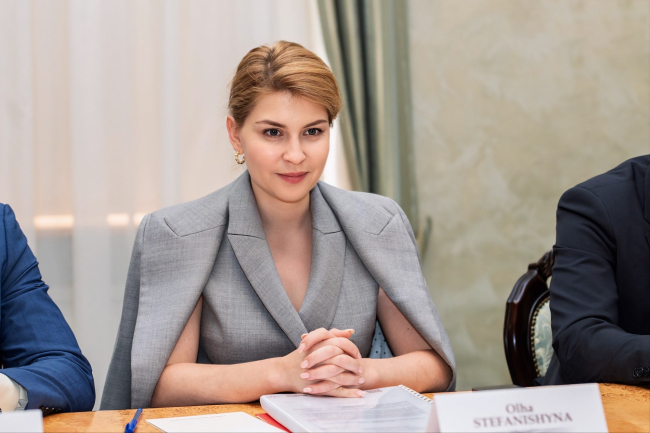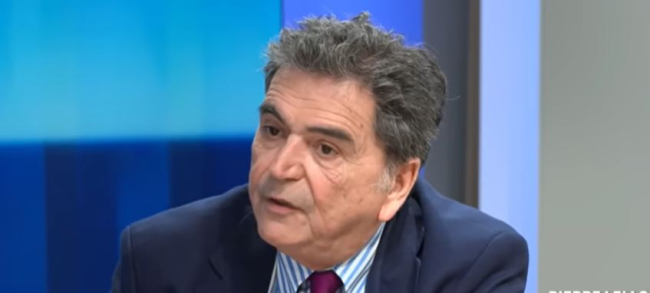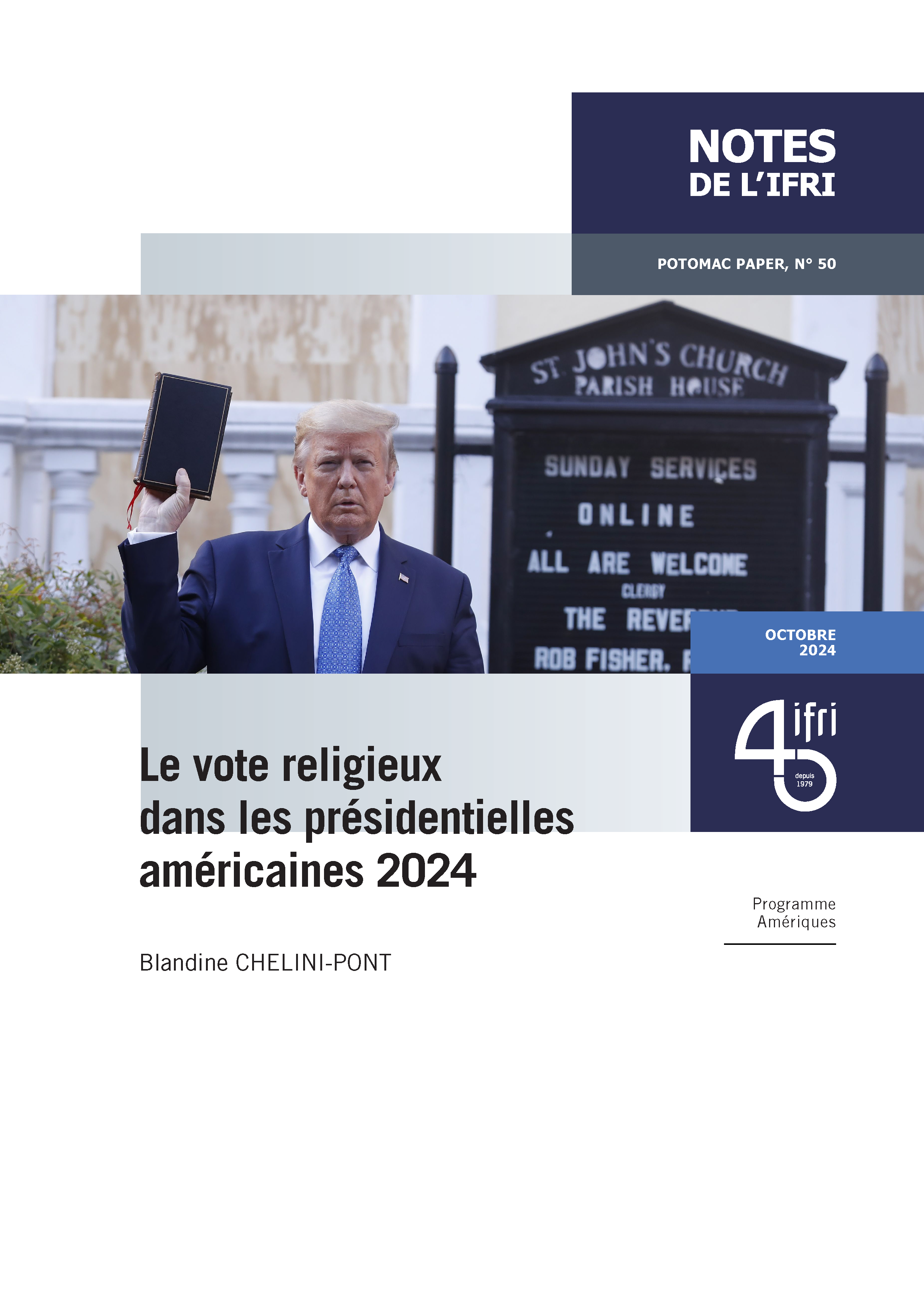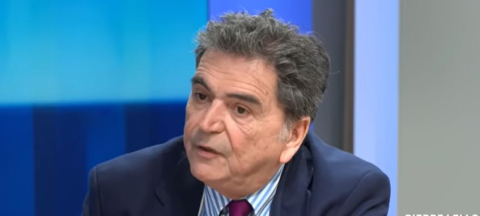More flexibility: What does the UK want and what could the others accept?

Informations pratiques
Les inscriptions pour cet événement sont closes.
En savoir plus sur nos programmes de soutienThe United Kingdom is undergoing an important debate vis-à-vis its membership to the European Union. Domestic in essence, this debate however needs to be better appreciated across Europe. Despite the specificities of the UK relationship with the EU, some elements might resonate in other countries, especially since Eurosceptic sentiments are growing across Europe and since there is an increasing disconnect between European citizens and the European project.
In addition, the UK debate is rekindling talks of more flexibility within the EU at a time when “more Europe” has been headlining every European Council for the past few years. Despite the stepping-up toward more integration, there seems to be a slow but genuine realization that the steps taken so far and those that are on the agenda today could fundamentally change the EU and national politics. Those changes may eventually occur, but they require a leap of faith that some may not be prepared to take at face value. Talks of “more flexibility” may become less taboo across Europe and shall be addressed. The Dutch “subsidiarity review” is a resounding example in that matter. What kind of flexibility are the British talking about? What kind of flexibility could be acceptable for other member states? What could be the consequences for the EU to accept more flexibility politically and institutionally?
This expert seminar was held under the Chatham House rule. The objective was to open a frank discussion about an issue that is likely to gain attention in the coming years.
Replay
Autres événements

Entre guerre et réformes : quelles perspectives d’adhésion de l’Ukraine à l’UE et à l’OTAN ?
Conversation exclusive avec Olha Stefanishyna, vice-Première ministre d’Ukraine pour l’intégration européenne et euro-atlantique et ministre de la Justice.

Moyen-Orient : quel équilibre des forces ?
Après l'attaque du 7 octobre 2023, les réactions et les ambitions stratégiques des principaux acteurs – Israël, Hamas, Hezbollah - et de leurs alliés respectifs, au premier rang les Etats-Unis et l’Iran, exacerbent les tensions.

Petit-déjeuner débat avec Pierre Lellouche, ancien ministre, membre du Conseil stratégique de l'Ifri
Échange autour du livre de Pierre Lellouche "Engrenages. La guerre d'Ukraine et le basculement du monde", Paris, Odile Jacob, 2024.
Débat présidé par Thierry de Montbrial, président de l'Ifri, membre de l'Académie des Sciences morales et politiques










